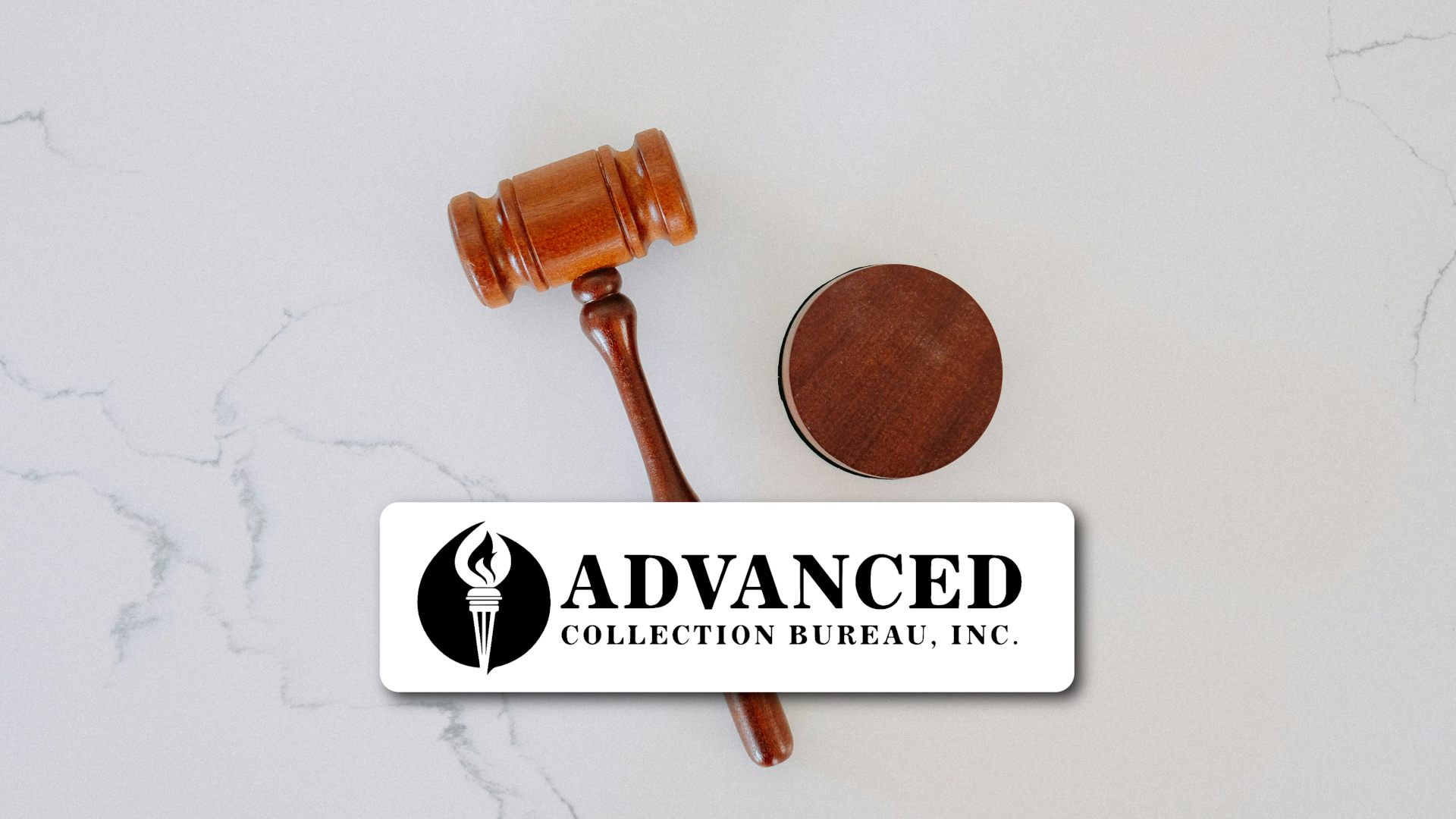Medicaid provides essential healthcare coverage to millions of Americans, but when payments are delayed or unpaid, healthcare providers face challenges in recovering what they are owed. Medicaid debt collection is a complex process that involves strict regulations and requires a careful approach to ensure compliance with federal and state laws.
For both healthcare providers and patients, understanding how Medicaid debt collection works can help prevent unnecessary disputes and ensure a smoother resolution.
How Medicaid Debt Collection Works
Medicaid is a government-funded program that covers medical expenses for low-income individuals and families. While Medicaid typically reimburses healthcare providers for services, payment issues can arise due to processing delays, incomplete paperwork, eligibility disputes, or billing errors.
When providers are not reimbursed as expected, they may need to engage in debt collection efforts. However, unlike traditional medical debt collection, Medicaid-related collections must comply with strict legal guidelines to ensure patients are treated fairly and that providers recover funds lawfully.
Common Challenges in Medicaid Debt Collection
Eligibility Disputes
Medicaid recipients must meet specific eligibility requirements. If coverage lapses or an application is denied, providers may be left with an unpaid balance. In some cases, disputes arise over whether a patient was eligible at the time of service, leading to delays in payment.
Incorrect Billing or Claims Denials
Errors in billing codes or incomplete documentation can lead to claim rejections. Unlike private insurance, Medicaid has specific billing requirements, and even minor mistakes can result in non-payment.
State-Specific Regulations
Each state manages its Medicaid program differently, meaning that debt collection rules vary. Some states prohibit aggressive collection efforts for Medicaid-related debts, while others impose restrictions on balance billing, limiting what providers can charge patients.
How Healthcare Providers Can Recover Medicaid Debt
Review Medicaid Billing Guidelines
Before pursuing collection efforts, providers should review Medicaid claims carefully to ensure there were no errors in billing or processing. If a claim was denied, an appeal may be possible.
Understand Patient Liability
In many cases, Medicaid covers the full cost of care, but if a patient had partial coverage or a spend-down requirement, they may be responsible for a portion of the bill. Clear communication about financial responsibility helps avoid disputes later.
Work With a Professional Collection Agency
Because Medicaid debt collection requires careful handling and compliance, working with a trusted debt collection agency can make the process more efficient. A professional agency can help providers:
- Navigate state and federal Medicaid collection laws
- Communicate with patients in a professional and ethical manner
- Ensure all collection efforts follow Medicaid compliance rules
At Advanced Collection Bureau, we specialize in Medicaid debt collection, helping healthcare providers recover unpaid balances while maintaining compliance with state and federal regulations.
Work With a Trusted Medicaid Debt Collection Agency
Medicaid debt collection requires expertise, compliance, and ethical handling. Providers must ensure they follow the proper procedures while protecting their financial stability.
For professional, compliant, and effective Medicaid debt recovery, Advanced Collection Bureau is here to help. Learn more about our services by visiting Work With Us today.












